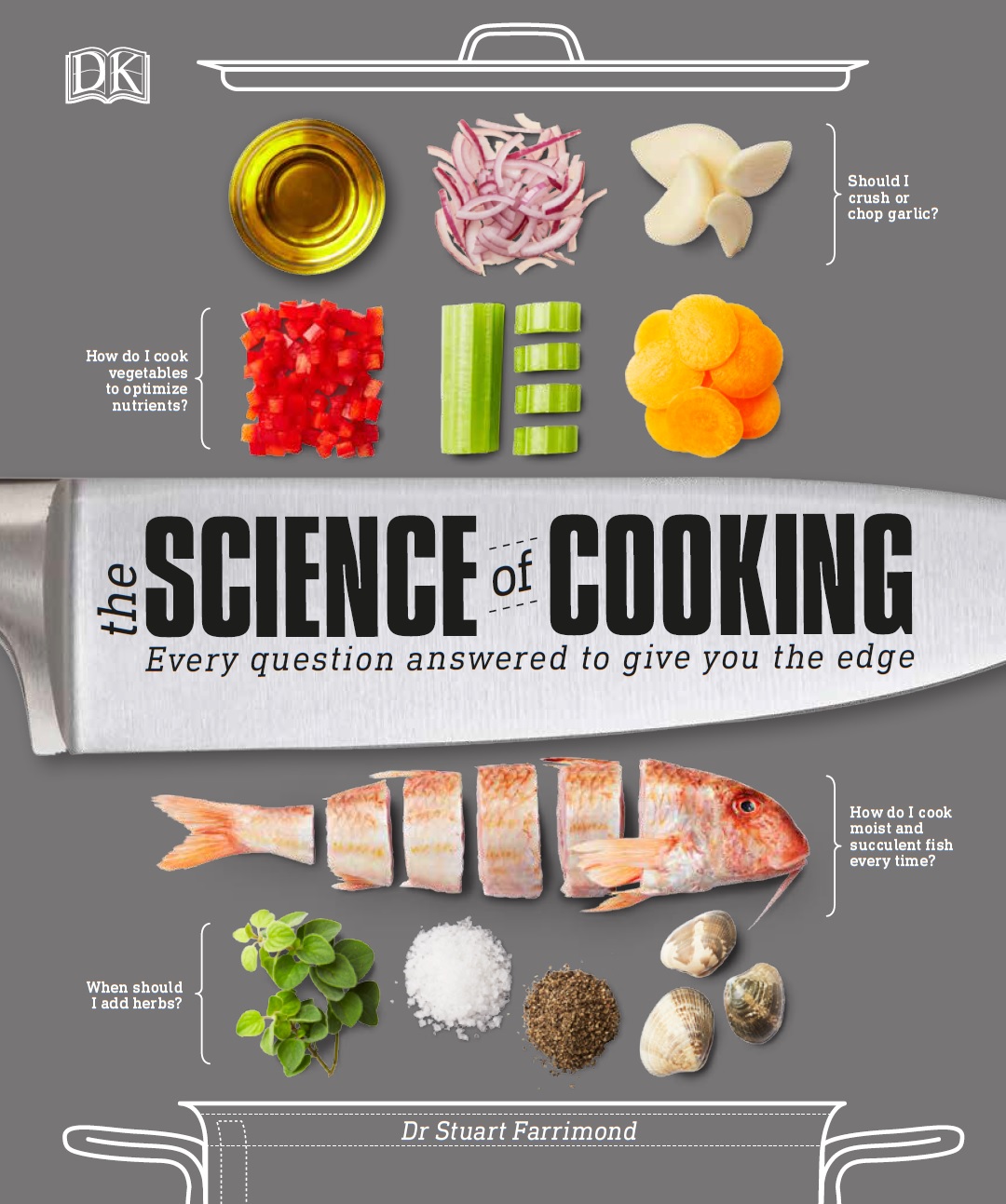 Christmas is a time for giving. This week, we will give more to charity than at any other time of the year. For, all the fundraising carol singers, shopping-bag-packing Brownies, and charity tin-shakers make it hard for even the stingiest of scrooges to keep their wallets buckled shut. But a couple of weeks ago, I witnessed thousands of acts of kindness that would make Father Christmas proud.
Christmas is a time for giving. This week, we will give more to charity than at any other time of the year. For, all the fundraising carol singers, shopping-bag-packing Brownies, and charity tin-shakers make it hard for even the stingiest of scrooges to keep their wallets buckled shut. But a couple of weeks ago, I witnessed thousands of acts of kindness that would make Father Christmas proud.
Every year, the ‘Operation Christmas Child’ initiative invites members of the public to fill empty shoeboxes with Christmas presents to send to countries in the developing world. Individually wrapped and purposed for a boy or a girl, boxes are shipped to underprivileged youngsters in Africa, Eastern Europe and worn-torn countries such as Iraq. The appeal has been running for over twenty years and for many children, that solitary shoebox of gifts will be the only thing they receive this Christmas.
And so it was in a ramshackle warehouse that magic was happening. Hidden in the corner of a Wiltshire trading estate, twenty thousand gift-wrapped shoeboxes donated by the people of the south west were collected and waiting to depart. But before they could be sent on their way, the contents of each box needed to be scrutinised – nothing sharp, nothing perishable; nothing offensive or religious, and everything age-appropriate. As I and other volunteers shuffled inside the boxes, it became profoundly obvious just how generous so many people are in 2014. Sweets, toys, homemade cards and basic toiletries had been thoughtfully and deliberately bought and chosen for unknown children. Each box would soon bring a smile to the face of a child somewhere in the world. But, bizarrely, that box would also be a source of health and wellbeing to the giver.
Science is increasingly showing us that being outward-focused and generous is linked to better health. In recent years, medics and psychologists have been discovering what good things happen inside the body when we do good things for others. One important experiment showed that when volunteers were given cash to spend on someone else they felt markedly less shame and more positive thoughts than when spending that amount of money on themselves. Yes, feeling good after giving might seem obvious, but this experiment also showed that one charitable act can change the body’s internal chemistry – significantly lowering levels of potentially harmful stress hormones.
For it is a life with high levels of stress hormones (particularly one called cortisol) that increases our risk of many health issues: digestive problems, heart disease, diabetes, chronic pain, weight gain and depression. Lack of sleep, poor work-life balance and excessive alcohol all lead to high cortisol levels; whereas relaxation, massage and exercise can bring the levels back down again. Now that we know that big-heartedness also helps undo the ravages of modern life it one more reason to be pleased it’s Christmas. Be it a shoebox, a stocking filler, or a phone call to Aunty, acts of kindness big and small can work wonders.
‘Maybe Christmas, he thought, doesn’t come from a store. Maybe Christmas… perhaps… means a little bit more!’
From How the Grinch Stole Christmas by Dr Seuss (Theodor Seuss Geisel,1904-1991). Jim Carrey starred as The Grinch in the 2000 film.
Thanks for reading – all opinions expressed are my own. Feel free to add your thoughts in the comments below.
Follow @realdoctorstu









From the Complete Jewish Bible:
some phrases in the New Testament manuscripts make no sense unless one reaches through the Greek to the underlying Hebrew expressions. Here is an example, only one of many. Jesus says in the Sermon on the Mount, literally, “If your eye be evil, your whole body will be dark.” What is an evil eye? Someone not knowing the Jewish background might suppose Jesus was talking about casting spells. However, in Hebrew, having an ‘ ayin ra’ah, an “evil eye,” means being stingy; while having an ‘ ayin tovah, a “good eye,” means being generous. Yeshua is simply urging generosity against stinginess. And this understanding fits with the surrounding verses: “Where your wealth is, there your heart will be also. . . . You can’t be a slave to both God and money.”
Posted by Roy Smith | December 15, 2014, 1:35 pm